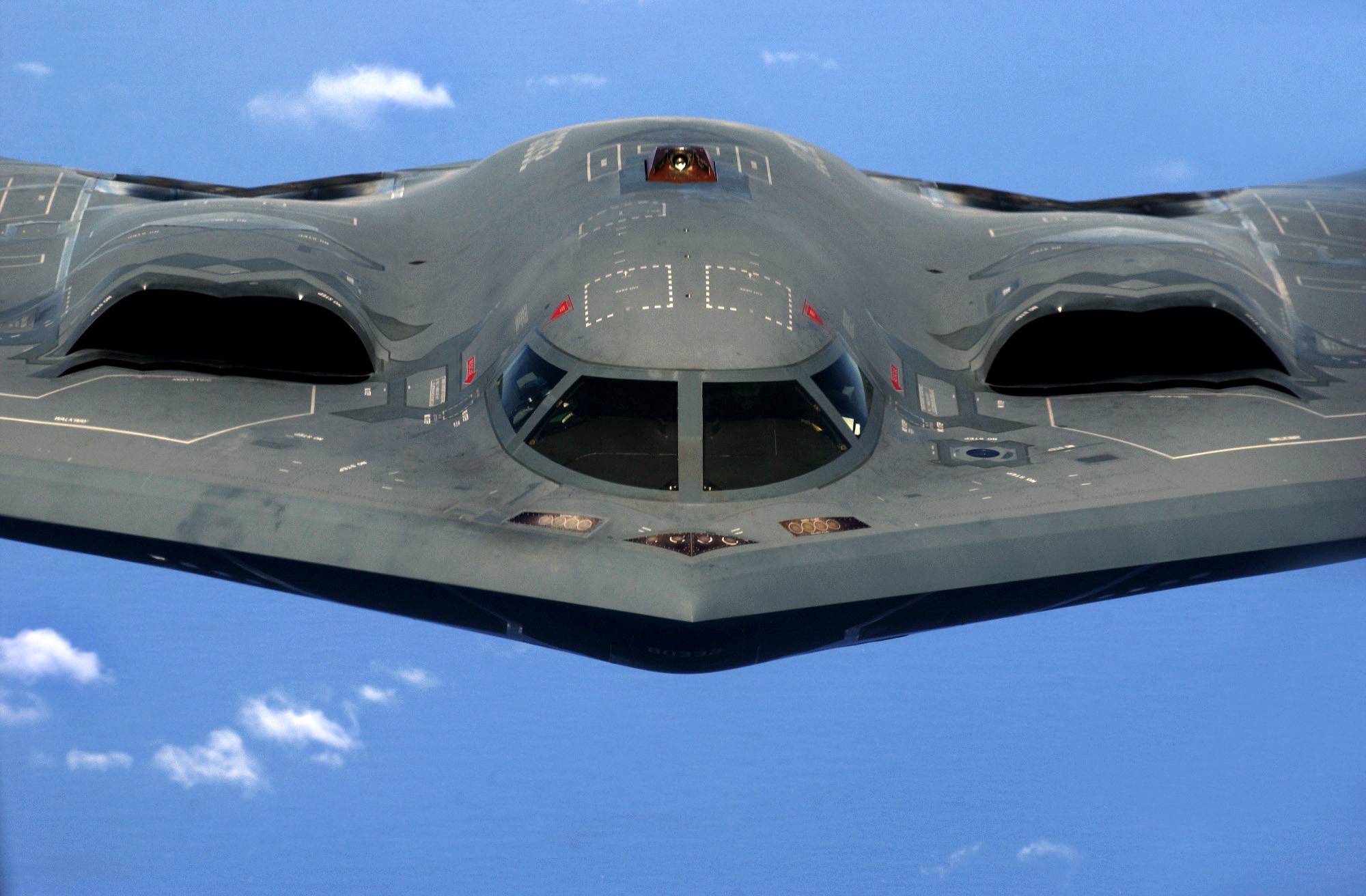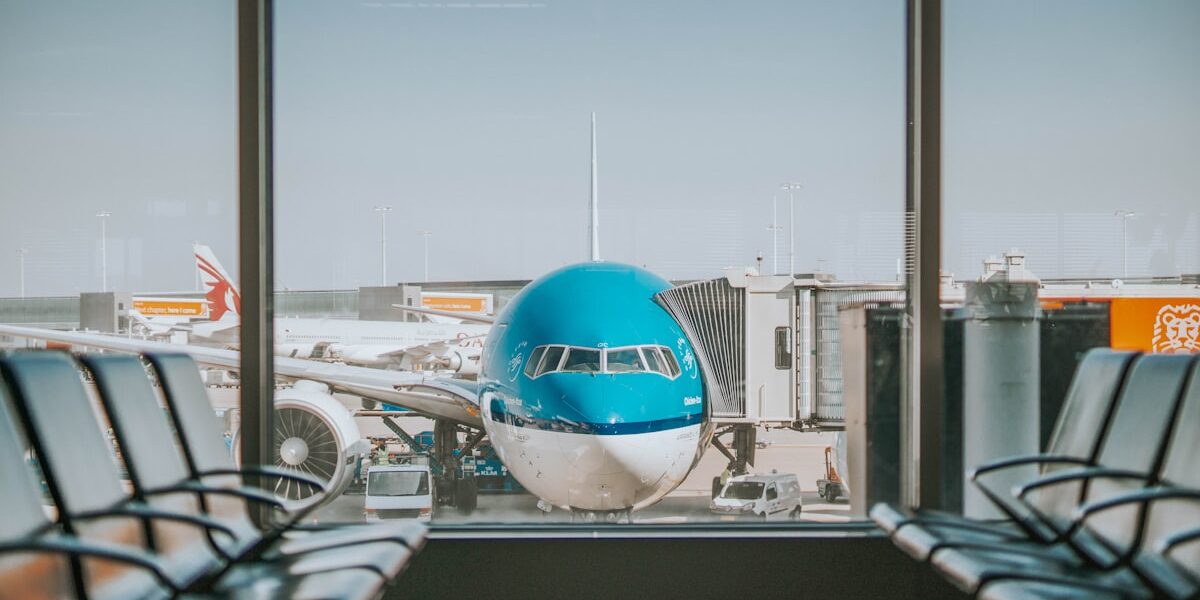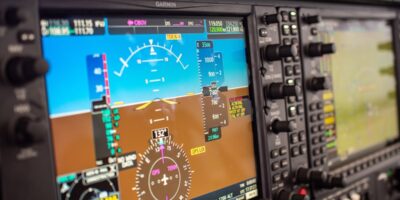Aircraft Galley Cooling Systems and Temperature Control
Galley cooling systems have gotten complicated with all the technical jargon and specifications flying around. As someone who spent years working with aircraft systems maintenance, I learned everything there is to know about how these cooling units actually function on commercial aircraft. Today, I will share it all with you.

What These Systems Actually Do
Aircraft galleys produce a lot of heat. Coffee makers, ovens, steam containers—they all generate thermal output that needs somewhere to go. The cooling system handles this by pulling heat away from the galley area and maintaining safe temperatures for food storage.
Most commercial aircraft integrate the galley cooling with the overall environmental control system (ECS). The same air conditioning packs that keep passengers comfortable also supply conditioned air to the galley compartments. Some wide-body aircraft run dedicated cooling loops for the galley areas because the heat load is substantial.
The Main Components You Need to Know
Probably should have led with this section, honestly.
- Refrigeration Units: These keep perishable food at safe temperatures during long-haul flights. Most units operate on vapor-compression cycles similar to household refrigerators but built to handle aircraft power fluctuations and vibration.
- Ventilation Ducting: Hot air from cooking equipment gets routed through ducts to the aircraft’s outflow system. The ducting design prevents smoke and odors from reaching the passenger cabin.
- Chillers and Freezer Compartments: Separate temperature zones allow crew to store frozen items separately from refrigerated goods. The temperature differential can be significant—freezers run around -18°C while chillers stay between 2-8°C.
- Control Panels: Digital controllers monitor temperatures and adjust cooling output automatically. Flight crews can view system status and receive alerts if temperatures drift outside safe ranges.
Why Maintenance Matters So Much
That’s what makes galley cooling systems endearing to us maintenance folks—they require constant attention to stay reliable. A failed cooling unit during a 14-hour transpacific flight means spoiled food and unhappy passengers.
Refrigeration units need regular leak checks because lost refrigerant means reduced cooling capacity. Compressors wear out and require overhaul or replacement. Ventilation filters clog with grease and food particles, reducing airflow efficiency. Control sensors drift over time and need recalibration.
Skipping scheduled maintenance creates bigger problems down the line. Higher energy consumption, inconsistent temperatures, and eventually complete system failures during revenue service.
Recent Technology Improvements
Modern galley cooling systems include remote monitoring capabilities. Maintenance teams can review performance data before the aircraft even lands, which helps with troubleshooting and parts staging. Some systems send automated alerts when parameters trend toward failure thresholds.
Energy efficiency improvements have focused on reducing bleed air consumption and electrical loads. Newer refrigerants with lower global warming potential are replacing older formulations as regulations phase them out. Insulation materials have improved to maintain temperatures with less active cooling required.
How Cooling Affects Flight Operations
Proper galley temperatures directly impact food safety and crew workload. When systems work correctly, flight attendants can focus on service rather than troubleshooting equipment. When cooling fails, they’re dealing with food disposal decisions and passenger complaints.
Long-haul operations depend heavily on reliable refrigeration. Fresh food storage for 12+ hour flights requires consistent temperature control. Airlines that operate ultra-long-haul routes pay particular attention to galley cooling reliability because there’s no opportunity to restock mid-flight.
Common Challenges in the Field
The aviation environment creates unique stresses on cooling equipment. Altitude changes affect air pressure and temperature differentials. Vibration from takeoff, landing, and turbulence stresses mechanical components. Humidity variations between ground operations and cruise altitude challenge seals and electronics.
Retrofitting older aircraft with updated cooling systems presents its own difficulties. Space constraints, weight limits, and electrical capacity all factor into upgrade decisions. Sometimes the most practical solution is incremental improvement rather than complete system replacement.
What’s Coming Next
Predictive maintenance using sensor data and machine learning will probably become standard within the next decade. Airlines want to catch problems before they cause operational disruptions, and cooling systems generate plenty of data to analyze.
Sustainability requirements will continue pushing refrigerant technology forward. The industry is working toward solutions that maintain performance while reducing environmental impact. That balance isn’t always easy to achieve, but regulations keep tightening.
Galley cooling might not be the most glamorous aspect of aviation, but it’s essential for passenger service on every commercial flight. Understanding how these systems work helps maintenance teams keep them running reliably.
Recommended Aviation Gear
David Clark H10-13.4 Aviation Headset – $376.95
The industry standard for aviation headsets.
Pilots Handbook of Aeronautical Knowledge – $25.42
Essential FAA handbook for every pilot.
As an Amazon Associate, we earn from qualifying purchases.



